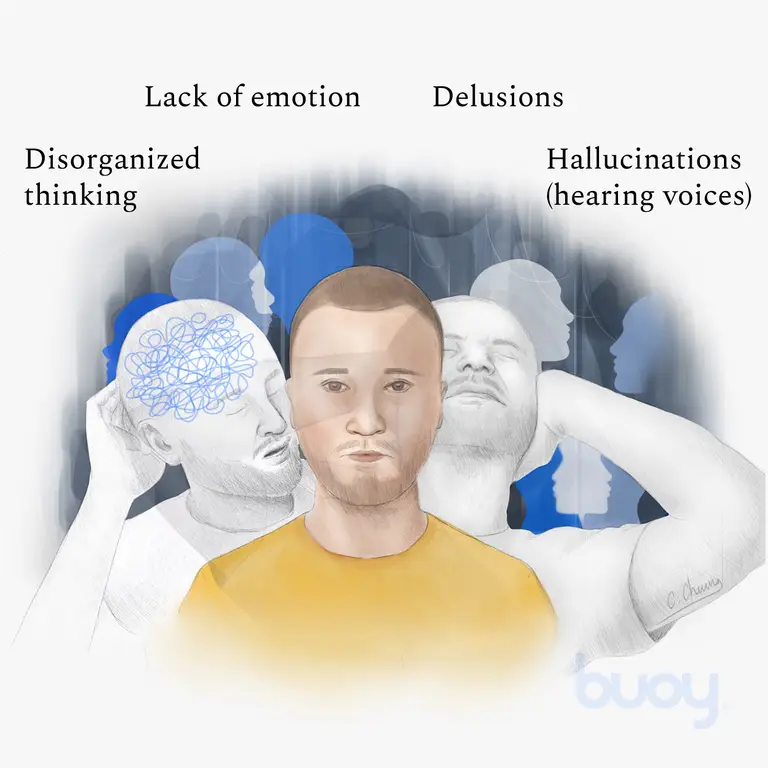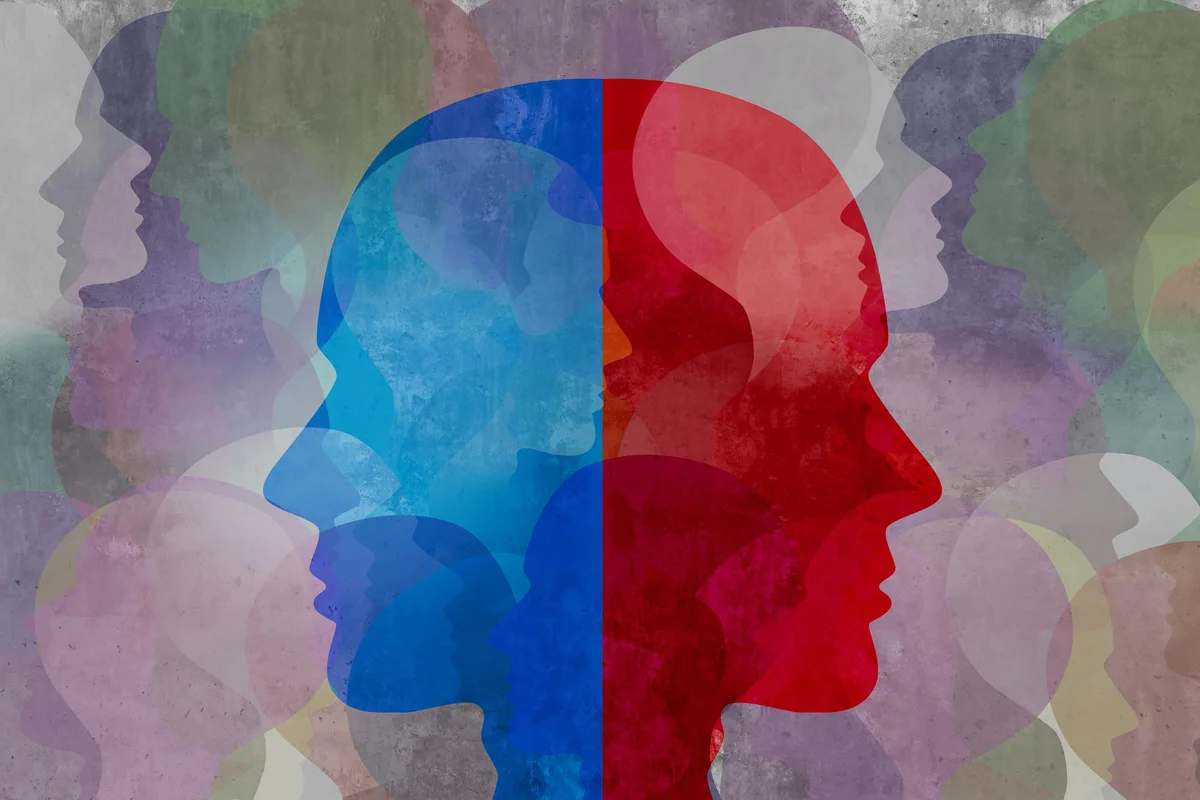In most African communities, mental health issues are rarely talked about. This has created a gap in understanding the associated causes and symptoms and ways of administering treatment to ensure those affected live productive lives.
Schizophrenia is a chronic mental disorder, that according to the World Health Organization affects approximately 24 million people or one in 300 people (0.32%) worldwide. This rate is one in 222 people (0.45%) among adults. It is not as common as many other mental disorders. Onset is most often during late adolescence and the twenties, and onset tends to happen earlier among men than among women.
While there is no cure for schizophrenia, it is frequently associated with significant distress and impairment in personal, family, social, educational, occupational, and other important areas of life. The complexity of the disorder may explain why there are misconceptions, as the symptoms are mostly similar to other mental disorders. Symptoms of schizophrenia usually first appear in early adulthood and must persist for at least six months for a diagnosis to be made.
Symptoms

Schizophrenia is characterized by significant impairments in the way reality is perceived and changes in behaviour related to persistent delusion; where the person has fixed beliefs that something is true, despite evidence to the contrary. An individual may also experience hallucinations, where a person may see, feel, taste, or smell things that are not there. Disorganized thinking is also a symptom closely associated with the disorder, which is occasioned by jumbled or disorganized speech making it hard to follow what one is saying.
Read Also: 15 Signs your Child could be Suffering from Depression
Moreover, an individual suffering from the disorder may exhibit tendencies of highly disorganized behaviour, where the person does things that appear bizarre or purposeless, or the person has unpredictable or inappropriate emotional responses that interfere with their ability to organize their behaviour. An individual may also exhibit traits of “negative symptoms” such as limited speech, restricted experience and expression of emotions, inability to experience interest or pleasure, and social withdrawal.
Causes of Schizophrenia

Researchers have not identified a single cause of schizophrenia. However, it is believed that several genetic and environmental factors contribute to the risk of developing schizophrenia, and life stressors may play a role in the start of symptoms and their course. Heavy use of cannabis is also associated with an elevated risk of the disorder.
Treatment
Many patients under treatment do well with minimal symptoms, though there is no cure for schizophrenia. According to the WHO, approximately 50% of people in mental hospitals have a schizophrenia diagnosis. However, only 31.3% of people with psychosis receive specialist mental health care, clear evidence that mental hospitals are not effective in providing the care that people with mental health conditions need and, regularly, violate the basic human rights of persons with schizophrenia.
To help manage the illness, it is advisable to manage stress, try to get plenty of sleep, avoid alcohol and drugs, and maintain social connections. Individuals living with schizophrenia may find difficulty in social situations, however, involving friends and family in the treatment plan can significantly help in recovery.
Helping a family member or friend cope with the illness is a social responsibility of everybody. This can be done in several ways such as, by responding calmly, paying attention to triggers, helping ensure medications are taken as prescribed, understanding the lack of awareness in the individual suffering from the disorder, and also helping them avoid drugs or alcohol.
Optimism is important and family members, friends and mental health professionals need to be mindful that challenges can often be addressed, and that patients have many personal strengths that must be recognized and supported.
















